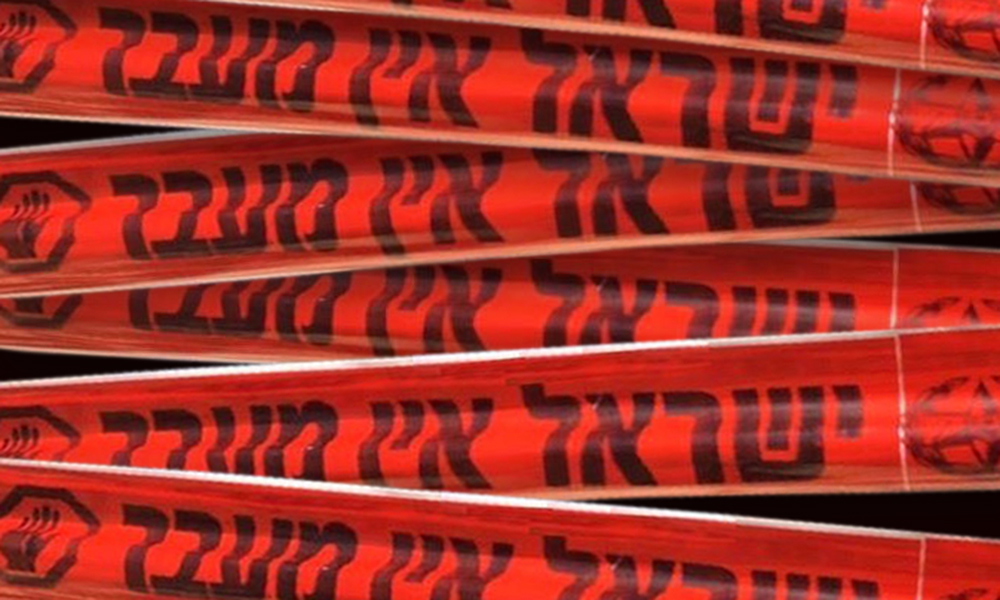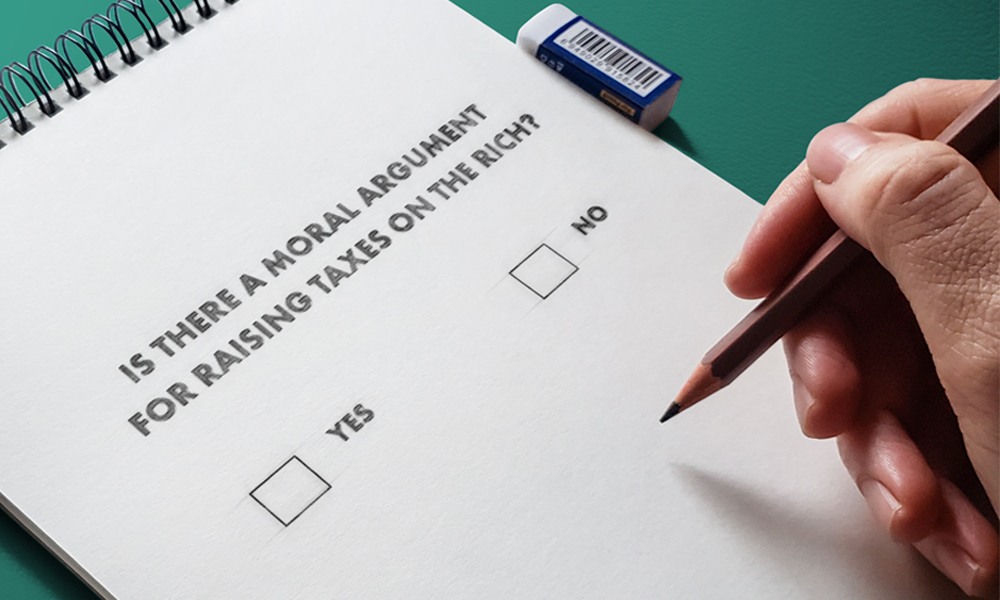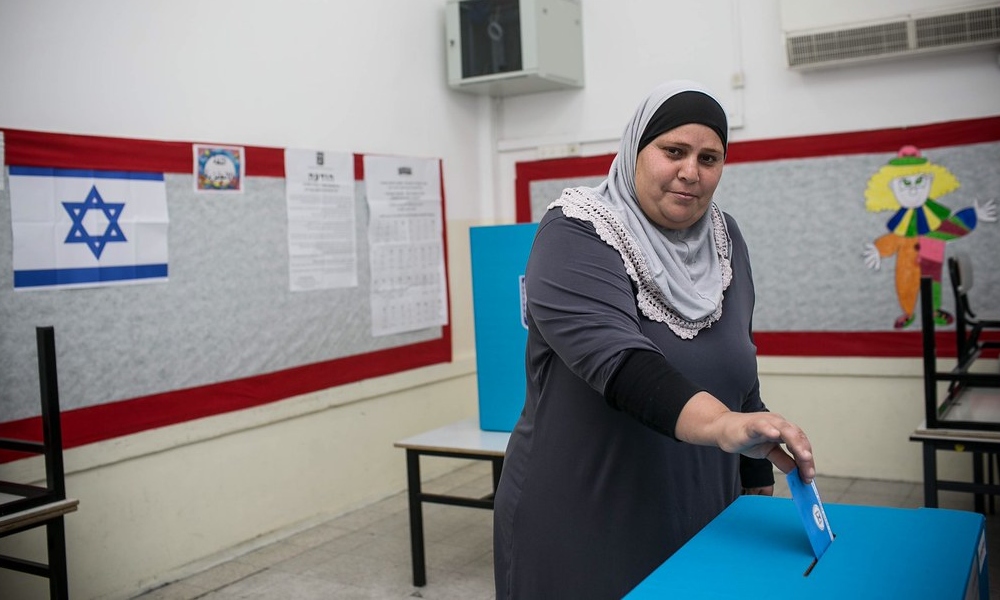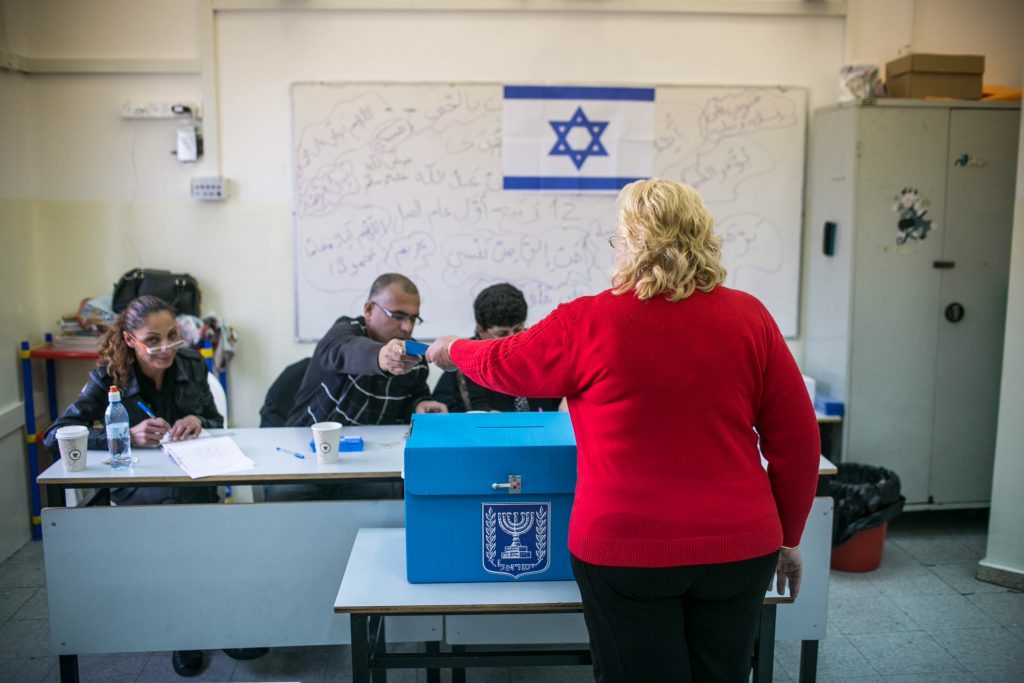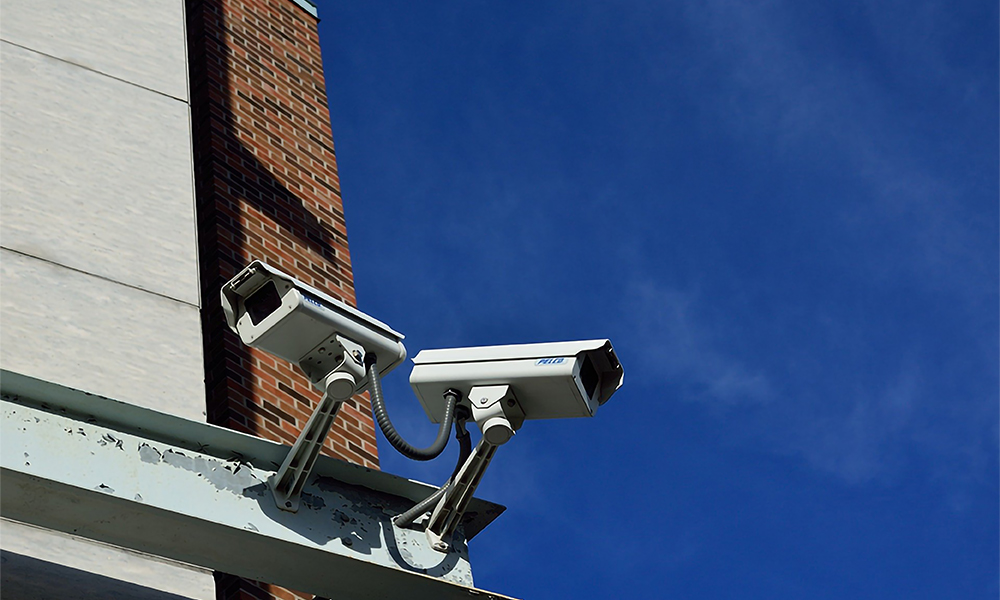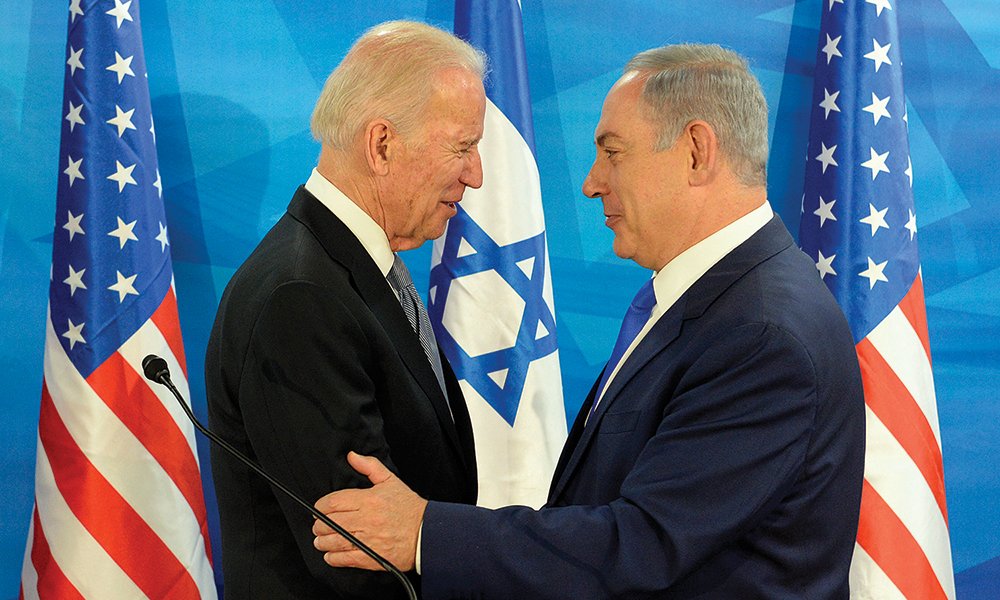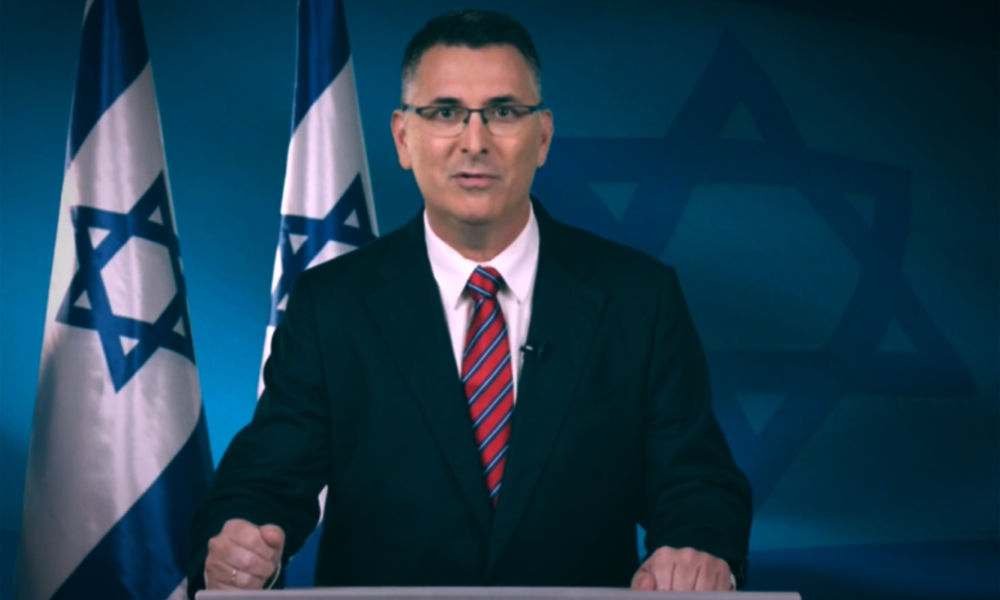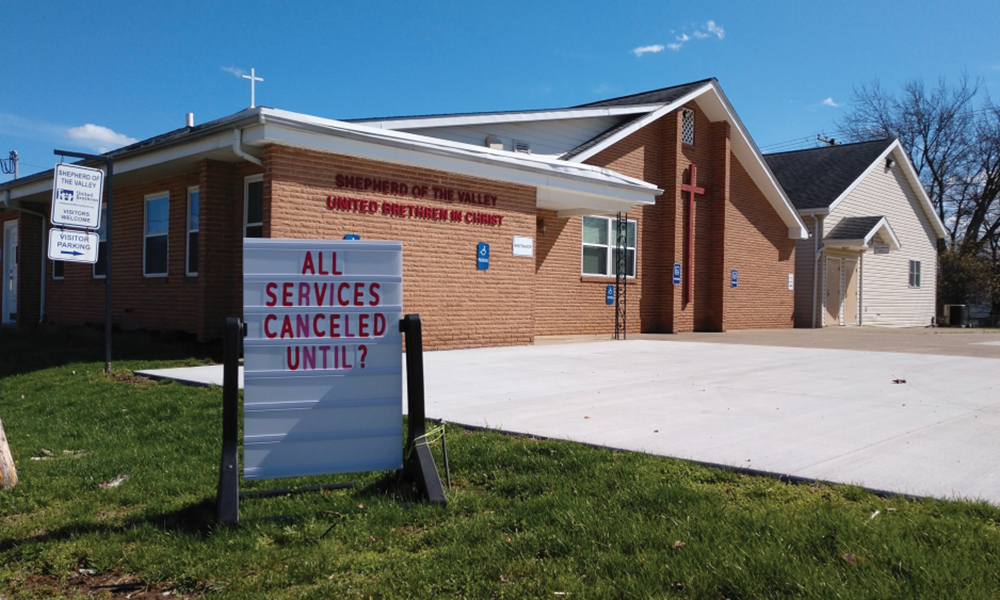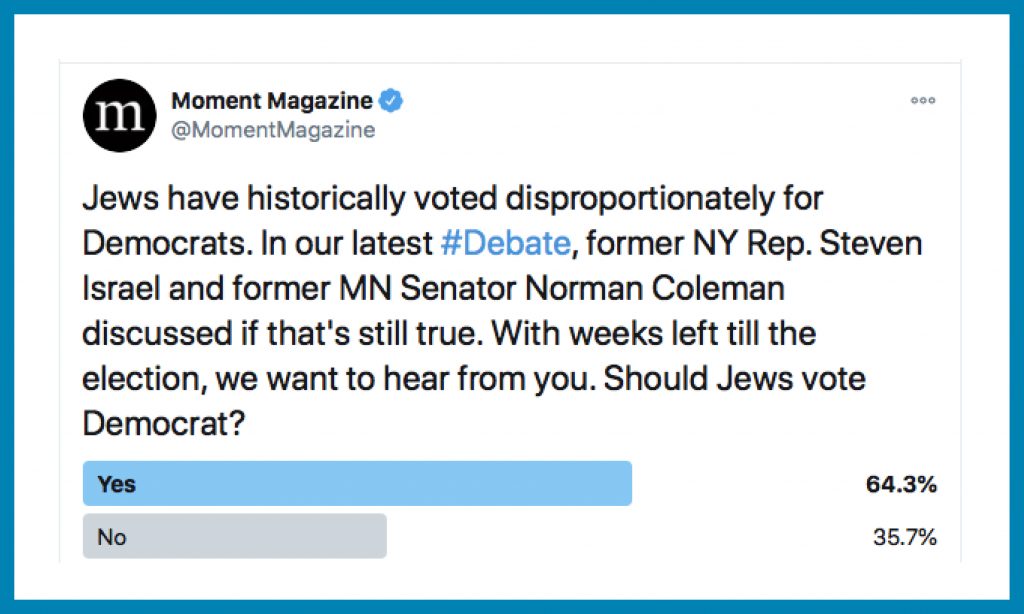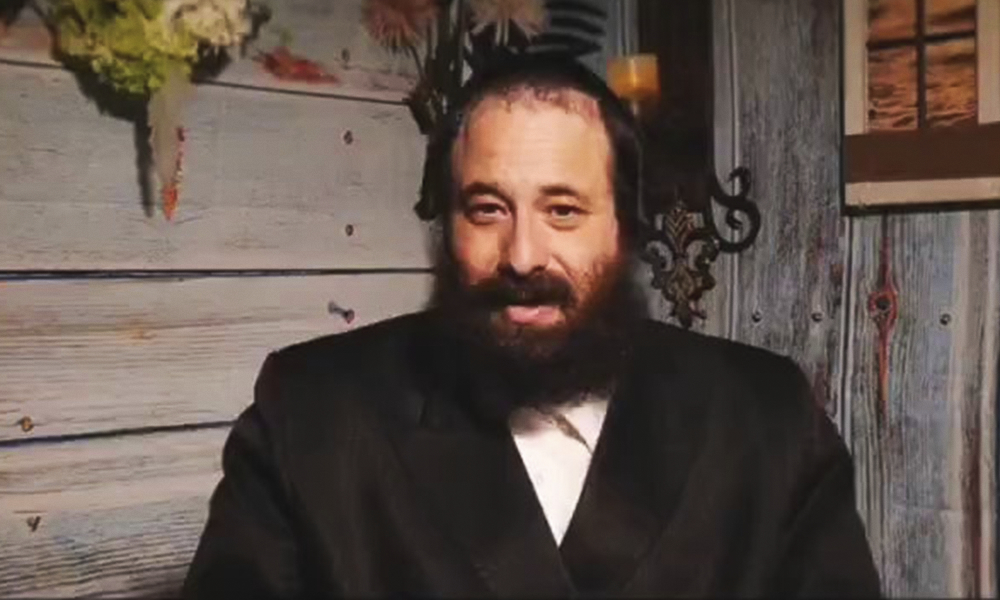Only one political faction could look with satisfaction at the indecisive results of the second 2019 Israel election. A reunited United Arab List surged to become the third-largest party in Israel’s parliament. Amid the confusion and impotence of other parties, the Arab List was relatively focused. Its agenda includes at least one urgent priority that has nothing to do with the Arab-Israeli conflict, the Palestinians, Israel’s foreign affairs or security policy—all problems that Arab politicians tend to highlight without much chance of changing. For once, it was a problem on which there is room for political cooperation: criminal violence in Israel.
The facts are indisputable: The rate of criminal violence, including homicide, among Arab Israelis is much higher than among Jewish Israelis. Arab Israelis are a fifth of Israel’s population, but close to half of all murder cases involve Arabs. Between January and October 2019, more than 70 Arab Israelis were killed. And the murder rate in the Arab-Israeli community is not just high, it’s on the rise. September 2019 was the deadliest month ever recorded, with 13 killings.
At the beginning of October, Arab Israelis demanded action. They took to the streets in protest, raising public awareness, arranging meetings with top political and police leadership, calling for government attention. A consensus emerged: Something needs to be done. The question is: What, exactly?
The responses diverge sharply—as do views of the problem’s cause. Here is one suggestion, from Arab Member of Knesset Yousef Jabarin: “[The] murder of 70 Arab civilians since the start of 2019 and more than 1,300 since 2000 is not fate. It is the result of a conspiracy by the government of Israel and criminal organizations, the racist policy of the police and the helplessness of law enforcement.”
At the other extreme is the view of the (Jewish) minister of public security, Gilad Erdan. “Arab society is a very, very violent society. It has to do with the fact that in their culture, disputes, rather than ending with a lawsuit, are settled by a knife or a gun,” he said recently. “These are the cultural codes. I will not let the Arabs evade this discussion.”
Of course, very few serious observers believe it is only one of the two—Arab culture or government mismanagement. (Erdan later clarified that he accepts it is the responsibility of the government to take action.)
Arab Israeli communities suffer from higher rates of fighting among criminal factions, sometimes with injuries to bystanders; of vendetta or revenge killings; and of women killed over “family honor,” that is, unsanctioned sexual behavior. Also, the police catch perpetrators at a much lower rate among Arab Israelis. Why? Either because the police don’t care (Arab version) or because Arabs do not cooperate with police and give cover to criminals as a community (police version).
Blame games of this kind are common. But in this case the blame game goes to the heart of Israel’s identity and morality, and thus is much more delicate and volatile.
The problem has a history. For many years, hundreds of Arab Israelis served in Israel’s police, mostly in Arab communities. But with the eruption of a direct Israeli-Palestinian conflict (the First Intifada of the mid-1980s was the initial catalyst, but the second, in 2000, was the real turning point), pressure grew on Arab Israelis to see Israel’s police as an antagonistic force rather than an ally, and Arab cooperation with police investigations declined. So did the pool of Arab policemen, which meant Jewish policemen would have to do the job; this in turn worsened mutual suspicion. The result is paradoxical: Arab leaders demand police intervention to curb violence and at the same time suggest the police cannot be trusted.
For some Arab leaders, blaming the government is a way of saying not just that it is inefficient but that Israel, the Jewish state, discriminates against its non-Jewish minority. Some even hint that it is quite convenient for Israel when Arabs kill each other. Many Jewish Israelis object to this as absurd: Arabs, they say, engage in violence among themselves, then use this violence to delegitimize Israel’s standing as a country of equal rights and civil decency.
Conversely, some Jewish leaders who point a finger at Arab society are not just calling for better education but implying Arab society is deeply flawed. It is a way for them to justify harsh words, or even harsh policies, aimed at curbing Arab success and influence. Some Arab Israelis note that this too is absurd: Rather than using its power to solve a problem, they say, Israel’s response is to blame the victims of violence—Arab citizens who deserve as much protection from harm as anyone else.
The combination of professional dilemmas (How many police officers are needed? What can be done in the educational sphere? What new resources can be applied?) and identity-related sensitivities (Is Israel discriminatory or racist? Is Arab culture flawed?), is a recipe for further trouble. As a practical matter, Arab Israelis who are truly bothered by violence in their community have no choice but to trust the police and cooperate with them. Similarly, if Israel’s government sincerely wants to curb violence among Arab Israelis, it has no choice but to work with Arab leaders and invest resources.
Of course, the growing violence does indeed trouble both Arabs and the government. But that’s still not enough. It has to trouble them to the extent that both agree to forget about their grievance-driven narratives, to bury the urge to employ cultural punditry, and to focus on a professional response to violence.
Shmuel Rosner is the political editor of the LA Jewish Journal and a senior fellow at the Jewish People Policy Institute.

